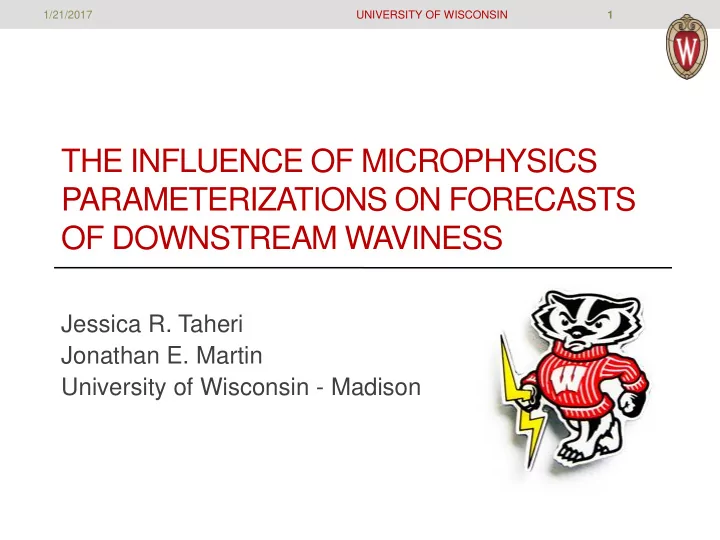
THE INFLUENCE OF MICROPHYSICS PARAMETERIZATIONS ON FORECASTS OF - PowerPoint PPT Presentation
1/21/2017 UNIVERSITY OF WISCONSIN 1 THE INFLUENCE OF MICROPHYSICS PARAMETERIZATIONS ON FORECASTS OF DOWNSTREAM WAVINESS Jessica R. Taheri Jonathan E. Martin University of Wisconsin - Madison 1/21/2017 UNIVERSITY OF WISCONSIN 2 Motivation
1/21/2017 UNIVERSITY OF WISCONSIN 1 THE INFLUENCE OF MICROPHYSICS PARAMETERIZATIONS ON FORECASTS OF DOWNSTREAM WAVINESS Jessica R. Taheri Jonathan E. Martin University of Wisconsin - Madison
1/21/2017 UNIVERSITY OF WISCONSIN 2 Motivation • Diabatic processes affect Rossby wave structure Source: www.esrl.noaa.gov
1/21/2017 UNIVERSITY OF WISCONSIN 3 Motivation • Diabatic processes affect Rossby wave structure • Affects on mesoscale weather and synoptic pattern Source: www.esrl.noaa.gov
1/21/2017 UNIVERSITY OF WISCONSIN 4 Motivation • Diabatic processes affect Rossby wave structure • Affects on mesoscale weather and synoptic pattern • Model microphysics packages affect forecasts Source: www.esrl.noaa.gov
1/21/2017 UNIVERSITY OF WISCONSIN 5 Research Question • Does the complexity of a microphysics package in a model significantly alter the waviness forecast?
1/21/2017 UNIVERSITY OF WISCONSIN 6 Research Question • Does the complexity of a microphysics package in a model significantly alter the waviness forecast? • Run the WRF using 3 different microphysics packages
1/21/2017 UNIVERSITY OF WISCONSIN 7 Research Question • Does the complexity of a microphysics package in a model significantly alter the waviness forecast? • Run the WRF using 3 different microphysics packages • Calculate the sinuosity of each packages 200 hPa height forecast
1/21/2017 UNIVERSITY OF WISCONSIN 8 Methods: The WRF • Specifics: • Version 3.8 of the WRF • 80 x 80 km resolution • Initialized at 0000 UTC, out 120 hours • Runs 3 times, one for each MP package
1/21/2017 UNIVERSITY OF WISCONSIN 9 Methods: The WRF Kessler Scheme • Warm rain • No ice Source: http://www2.mmm.ucar.edu/wrf/users/workshops/WS2010/presentations/Lectures/Microphysics10.pdf
1/21/2017 UNIVERSITY OF WISCONSIN 10 Methods: The WRF Kessler Scheme 3-Class Package • Warm rain • Ice processes below O˚C • No ice Source: http://www2.mmm.ucar.edu/wrf/users/workshops/WS2010/presentations/Lectures/Microphysics10.pdf
1/21/2017 UNIVERSITY OF WISCONSIN 11 Methods: The WRF Kessler Scheme 3-Class Package Ferrier Scheme • Warm rain • Ice processes • Water, rain, ice, below O˚C super-cooled liquid • No ice and ice melt Source: http://www2.mmm.ucar.edu/wrf/users/workshops/WS2010/presentations/Lectures/Microphysics10.pdf
1/21/2017 UNIVERSITY OF WISCONSIN 12 Methods: Sinuosity Ganges River, India Source: Jon Martin, Cyclone Workshop 2015 Presentation
1/21/2017 UNIVERSITY OF WISCONSIN 13 Methods: Sinuosity Ganges River, India Source: Jon Martin, Cyclone Workshop 2015 Presentation
1/21/2017 UNIVERSITY OF WISCONSIN 14 Methods: Sinuosity Source: Jon Martin, Cyclone Workshop 2015 Presentation
1/21/2017 UNIVERSITY OF WISCONSIN 15 Methods: Sinuosity Source: Jon Martin, Cyclone Workshop 2015 Presentation
1/21/2017 UNIVERSITY OF WISCONSIN 16 Methods: Sinuosity Source: Jon Martin, Cyclone Workshop 2015 Presentation
1/21/2017 UNIVERSITY OF WISCONSIN 17 Methods: Sinuosity Actual area Equivalent latitude Source: Jon Martin, Cyclone Workshop 2015 Presentation
1/21/2017 UNIVERSITY OF WISCONSIN 18 Methods: Sinuosity SIN = actual length equivalent latitude SIN = 1.2719 Source: Jon Martin, Cyclone Workshop 2015 Presentation
1/21/2017 UNIVERSITY OF WISCONSIN 19 Case Study • Heavy rainfall event in California • 7-9 January 2017 Source: NWS Los Angeles/Oxnard Facebook Page
1/21/2017 UNIVERSITY OF WISCONSIN 20 Case Study • Heavy rainfall event in California • 7-9 January 2017 • Atmospheric River • Landfall 1200 UTC on 7 Jan • Exited 1200 UTC on 9 Jan Source: NWS Los Angeles/Oxnard Facebook Page Source: www.esrl.noaa.gov
1/21/2017 UNIVERSITY OF WISCONSIN 21 Case Study • Heavy rainfall event in California • WRF initialized at 0000 UTC on 5 Jan • 7-9 January 2017 • River event during mid-range • Atmospheric River forecast, 48-96 hours • Landfall 1200 UTC on 7 Jan • Exited 1200 UTC on 9 Jan Source: NWS Los Angeles/Oxnard Facebook Page Source: www.esrl.noaa.gov
1/21/2017 UNIVERSITY OF WISCONSIN 22 Case Study 1mp, 3mp, 5mp Valid 2017-01-06 00z Precipitable Water (mm) for 3 MP Package 24 hr forecast
1/21/2017 UNIVERSITY OF WISCONSIN 23 Case Study 1mp, 3mp, 5mp Valid 2017-01-08 00z Precipitable Water (mm) for 3 MP Package 72 hr forecast
1/21/2017 UNIVERSITY OF WISCONSIN 24 Case Study 1mp, 3mp, 5mp Valid 2017-01-10 00z Precipitable Water (mm) for 3 MP Package 120 hr forecast
1/21/2017 UNIVERSITY OF WISCONSIN 25 Case Study Valid 2017-01-10 00z Heights 11250m-12150m by 180m
1/21/2017 UNIVERSITY OF WISCONSIN 26 Case Study Aggregate Sinuosity
1/21/2017 UNIVERSITY OF WISCONSIN 27 Case Study Aggregate Sinuosity
1/21/2017 UNIVERSITY OF WISCONSIN 28 Case Study Aggregate Sinuosity
1/21/2017 UNIVERSITY OF WISCONSIN 29 Case Study Aggregate Sinuosity
1/21/2017 UNIVERSITY OF WISCONSIN 30 Conclusions and Future Work • Regional waviness appears sensitive to microphysics packages
1/21/2017 UNIVERSITY OF WISCONSIN 31 Conclusions and Future Work • Regional waviness appears sensitive to microphysics packages • Expand to the entire Northern Hemisphere
1/21/2017 UNIVERSITY OF WISCONSIN 32 Conclusions and Future Work • Regional waviness appears sensitive to microphysics packages • Expand to the entire Northern Hemisphere • Which phenomena have the largest downstream impacts on the waviness differences? • Atmospheric Rivers • Strong cyclogenesis • Warm Conveyor Belts
1/21/2017 UNIVERSITY OF WISCONSIN 33 Conclusions and Future Work • Regional waviness appears sensitive to microphysics packages • Expand to the entire Northern Hemisphere • Which phenomena have the largest downstream impacts on the waviness differences? • Atmospheric Rivers • Strong cyclogenesis • Warm Conveyor Belts • Begin looking at specific cases
1/21/2017 UNIVERSITY OF WISCONSIN 34 Acknowledgements • Dr. Jonathan Martin, Advisor • Dr. Michael Morgan • Martin and Morgan research groups This research is support by NSF grant no. AGS-1443325
1/21/2017 UNIVERSITY OF WISCONSIN 36 Thank you!
1/21/2017 UNIVERSITY OF WISCONSIN 37 11790m
1/21/2017 UNIVERSITY OF WISCONSIN 38 Cumulus Scheme 1 • Kain-Fritsch (KF) • Includes shallow convection • Low-level vertical motion in trigger function • CAPE removal time scale closure • Mass flux type with updrafts and downdrafts, entrainment and detrainment • Includes cloud, rain , ice and snow detrainment • Clouds persist over convective time scale • Used in MM5 and Eta/NAM ensemble • Comparing all the packages, KF seems to be a good middle ground: 12 hour forecast above comparing
1/21/2017 UNIVERSITY OF WISCONSIN 39 Effects of changing MP • Source: http://www2.mmm.ucar.edu/wrf/users/workshops/WS2010/presentations/Lectures/Microphysics10.pdf
1/21/2017 UNIVERSITY OF WISCONSIN 40 Case Study • Floodingevent in California • January 7-9, 2017
1/21/2017 UNIVERSITY OF WISCONSIN 41 Boundaries for Sinuosity
Recommend
More recommend
Explore More Topics
Stay informed with curated content and fresh updates.
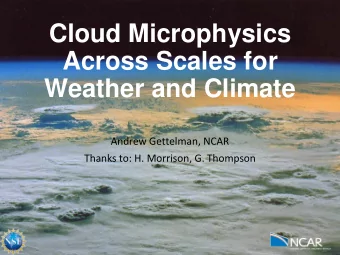
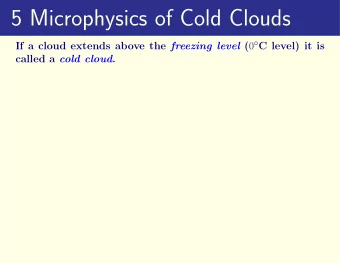

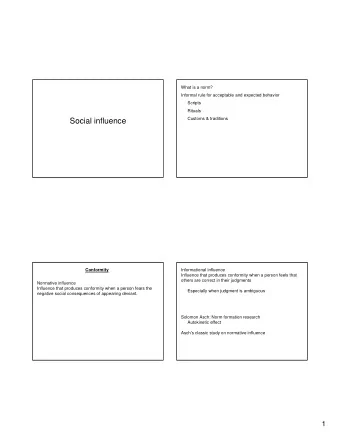
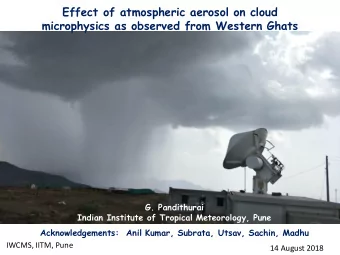
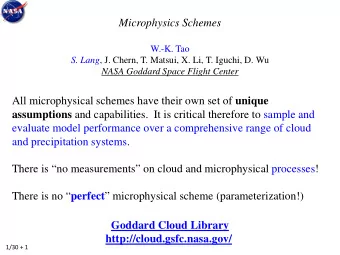
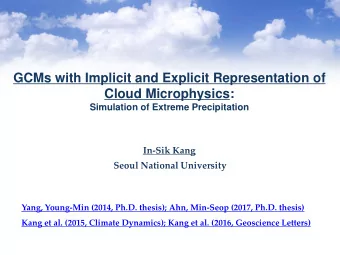
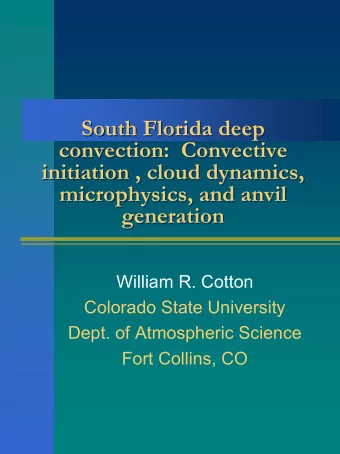
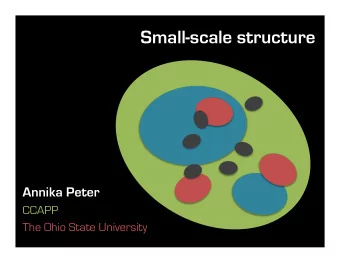
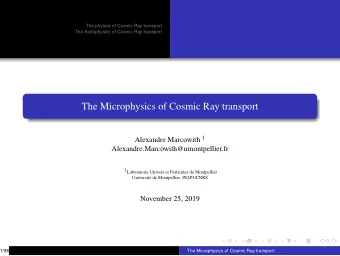
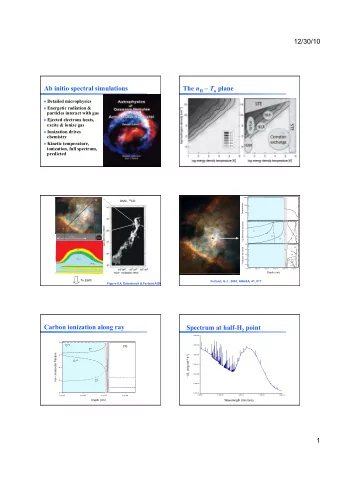
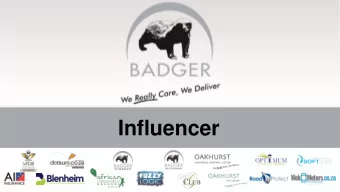

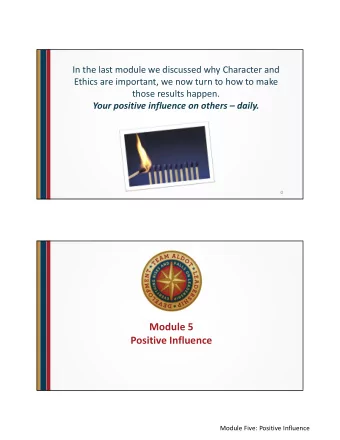
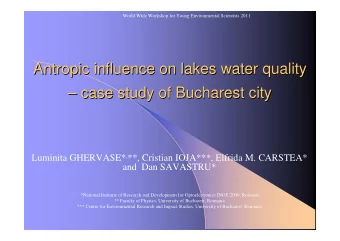
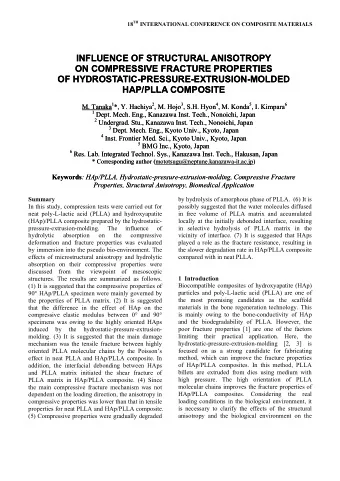
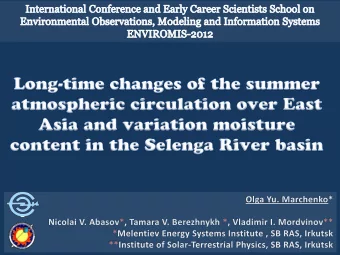
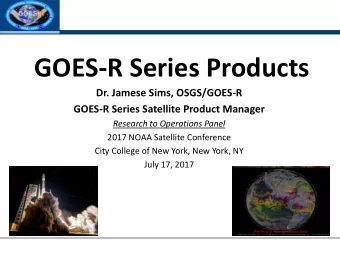
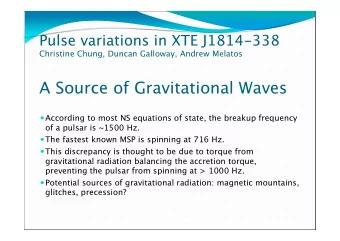
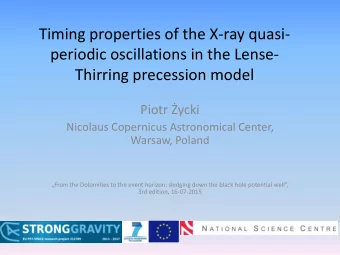
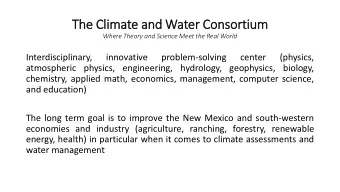
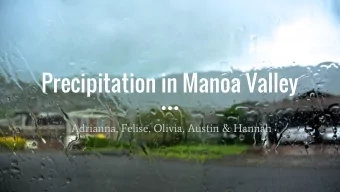
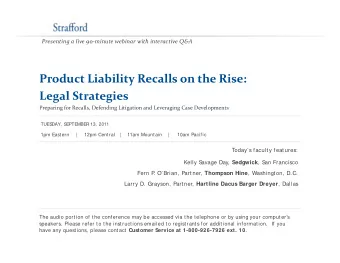

 Sambuz
Sambuz